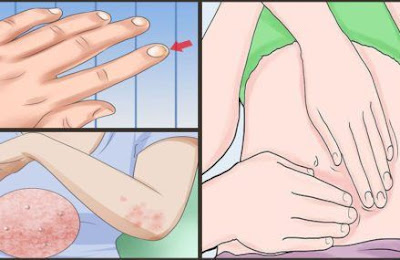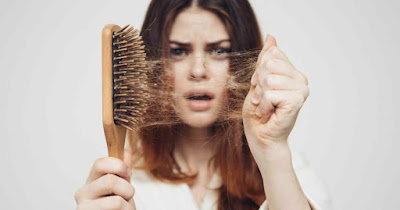16 Potential Warning Signs of Cancer that People Too Often Ignore

Doctors?always recommend?paying special attention to warning signs that might indicate undiagnosed cancer. Early detection of this disease increases the chances of successful treatment.?Although the warning signs and symptoms in this post might not necessarily mean cancer in all cases, you shouldn?t neglect them. Instead, analyze the signs and symptoms you do experience, and then visit your doctor. There are over 200 cancer types, the most common being lung, breast, prostate, bladder, ovarian, kidney, colorectal, endometrial and pancreatic cancer, as well as leukemia and melanoma.?For most of these types of cancer, the survival rate is poor, especially for lung cancer. The reason is the late detection when the cancer is already in advanced stage, which impedes the treatment process. Take a look at some of the most common signs and symptoms of cancer. In case you experience them, make sure you address them properly. 1. Unexplained Weight Loss This is one of the initial notice...
